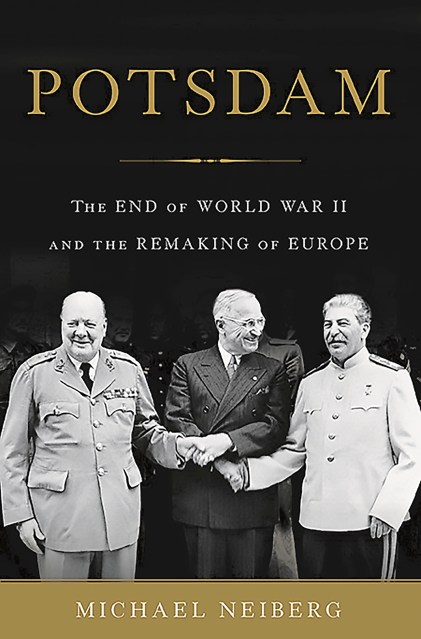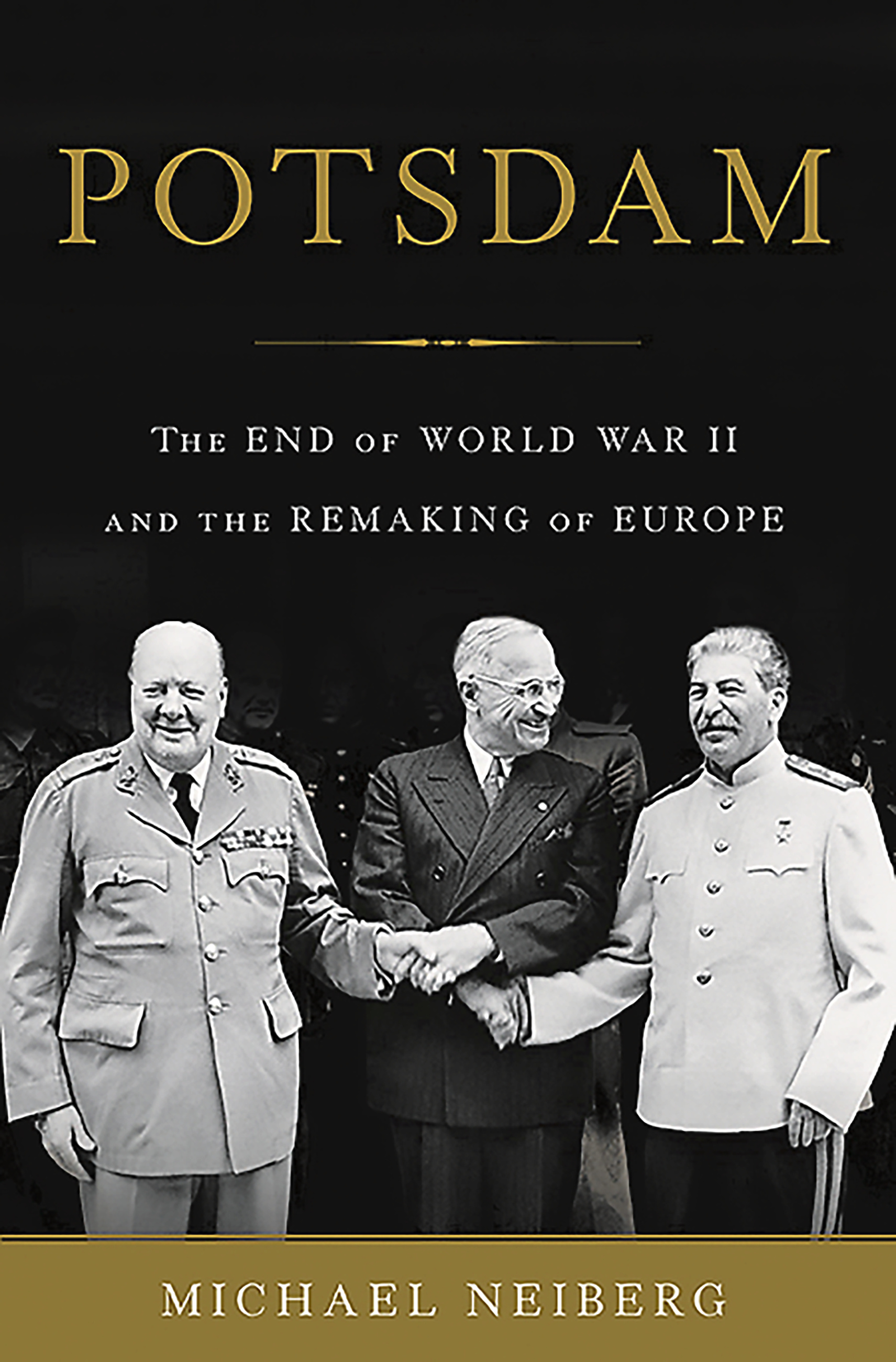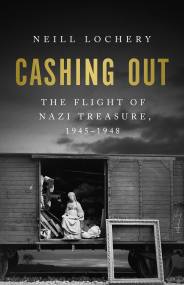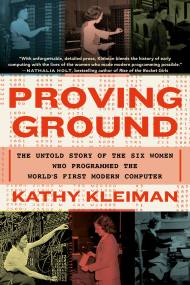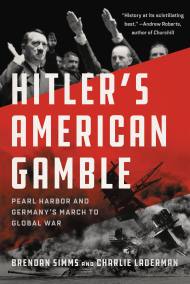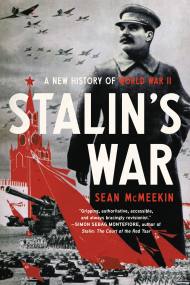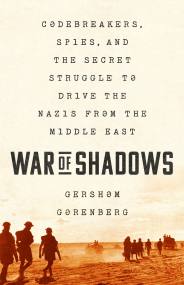Promotion
Use code MOM24 for 20% off site wide + free shipping over $45
Potsdam
The End of World War II and the Remaking of Europe
Contributors
Formats and Prices
Price
$38.00Price
$48.00 CADFormat
Format:
- Hardcover $38.00 $48.00 CAD
- ebook $19.99 $25.99 CAD
This item is a preorder. Your payment method will be charged immediately, and the product is expected to ship on or around May 5, 2015. This date is subject to change due to shipping delays beyond our control.
Also available from:
After Germany’s defeat in World War II, Europe lay in tatters. Millions of refugees were dispersed across the continent. Food and fuel were scarce. Britain was bankrupt, while Germany had been reduced to rubble. In July of 1945, Harry Truman, Winston Churchill, and Joseph Stalin gathered in a quiet suburb of Berlin to negotiate a lasting peace: a peace that would finally put an end to the conflagration that had started in 1914, a peace under which Europe could be rebuilt.
The award-winning historian Michael Neiberg brings the turbulent Potsdam conference to life, vividly capturing the delegates’ personalities: Truman, trying to escape from the shadow of Franklin Roosevelt, who had died only months before; Churchill, bombastic and seemingly out of touch; Stalin, cunning and meticulous. For the first week, negotiations progressed relatively smoothly. But when the delegates took a recess for the British elections, Churchill was replaced-both as prime minster and as Britain’s representative at the conference-in an unforeseen upset by Clement Attlee, a man Churchill disparagingly described as “a sheep in sheep’s clothing.” When the conference reconvened, the power dynamic had shifted dramatically, and the delegates struggled to find a new balance. Stalin took advantage of his strong position to demand control of Eastern Europe as recompense for the suffering experienced by the Soviet people and armies. The final resolutions of the Potsdam Conference, notably the division of Germany and the Soviet annexation of Poland, reflected the uneasy geopolitical equilibrium between East and West that would come to dominate the twentieth century.
As Neiberg expertly shows, the delegates arrived at Potsdam determined to learn from the mistakes their predecessors made in the Treaty of Versailles. But, riven by tensions and dramatic debates over how to end the most recent war, they only dimly understood that their discussions of peace were giving birth to a new global conflict.
Genre:
- On Sale
- May 5, 2015
- Page Count
- 336 pages
- Publisher
- Basic Books
- ISBN-13
- 9780465075256
Newsletter Signup
By clicking ‘Sign Up,’ I acknowledge that I have read and agree to Hachette Book Group’s Privacy Policy and Terms of Use
